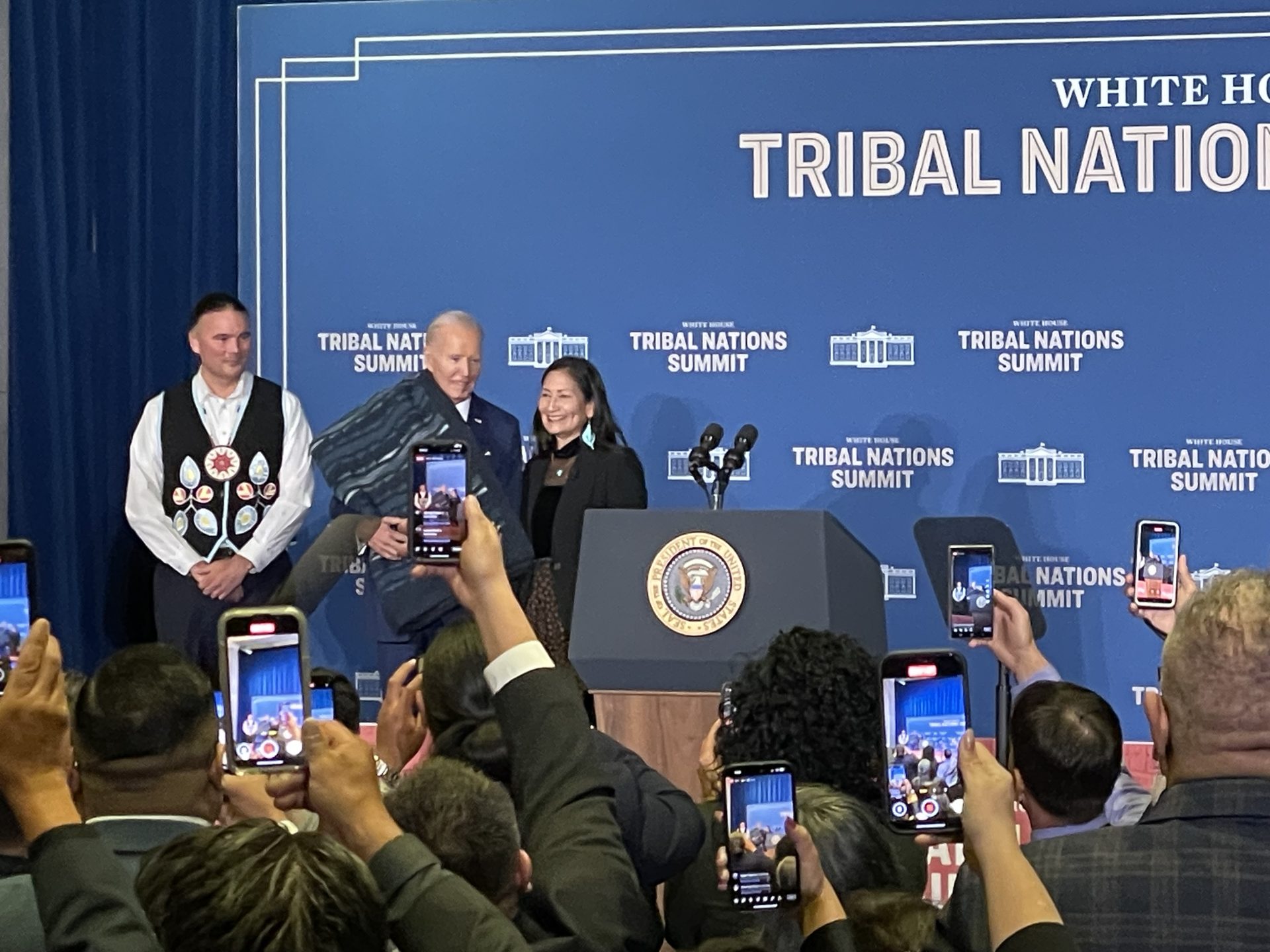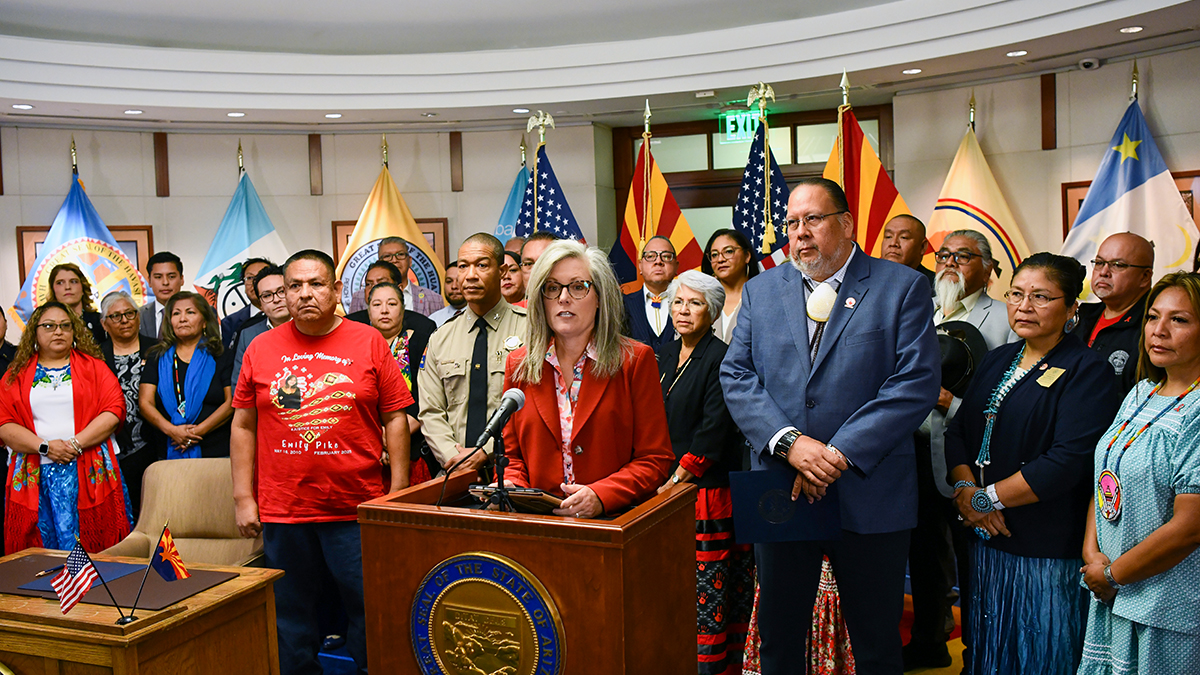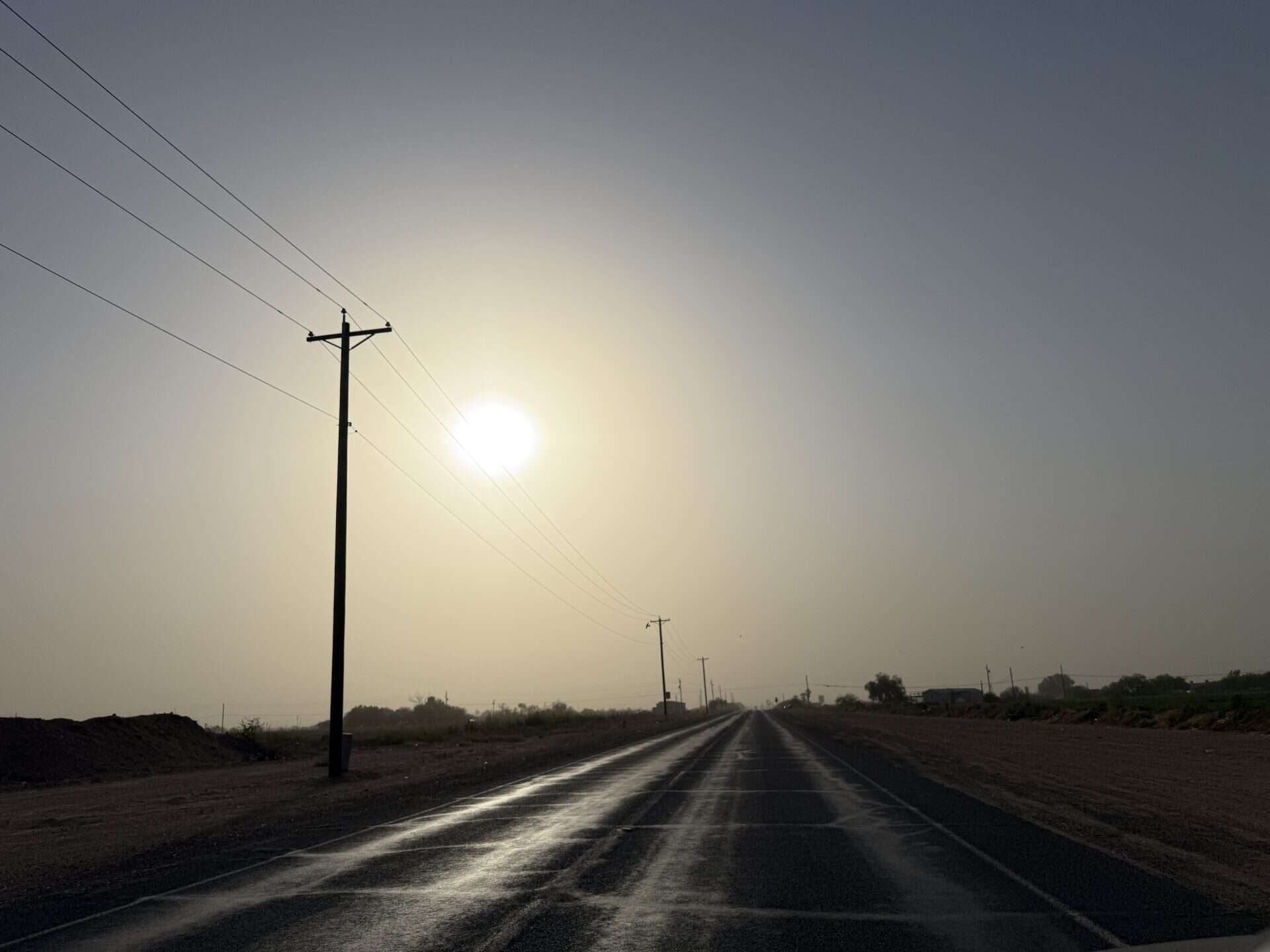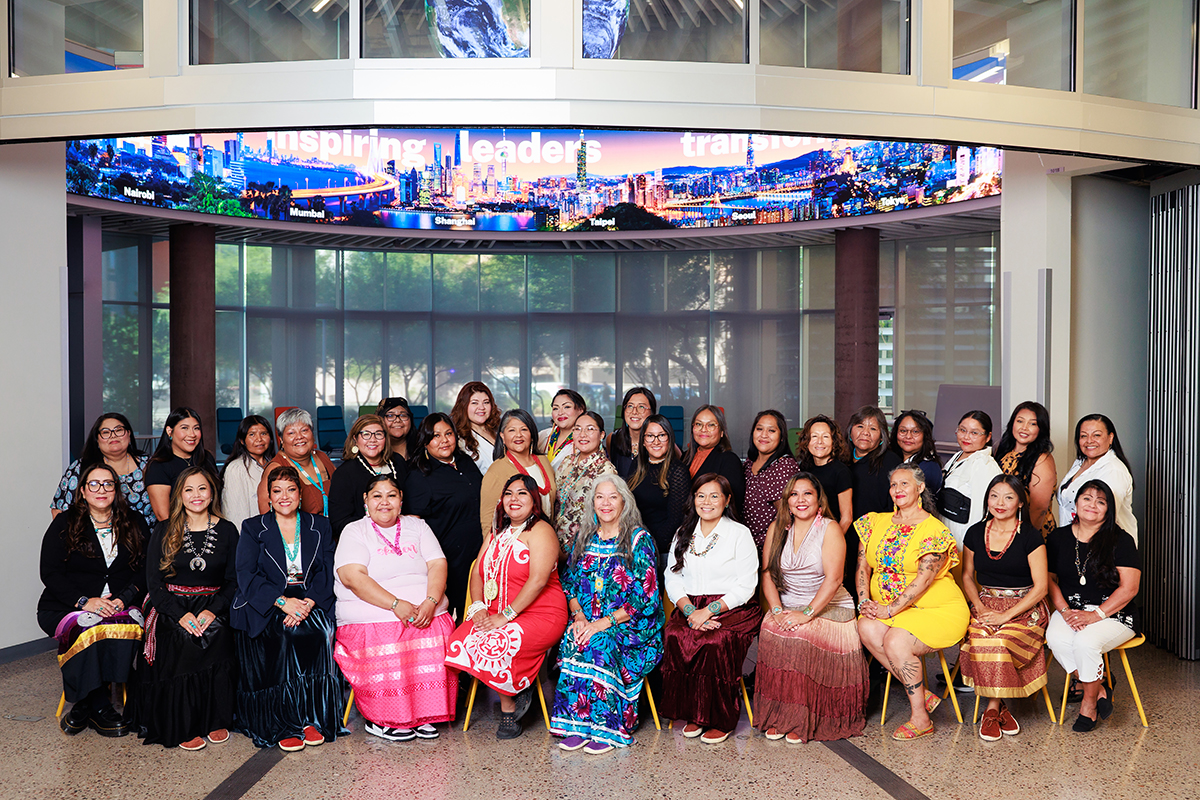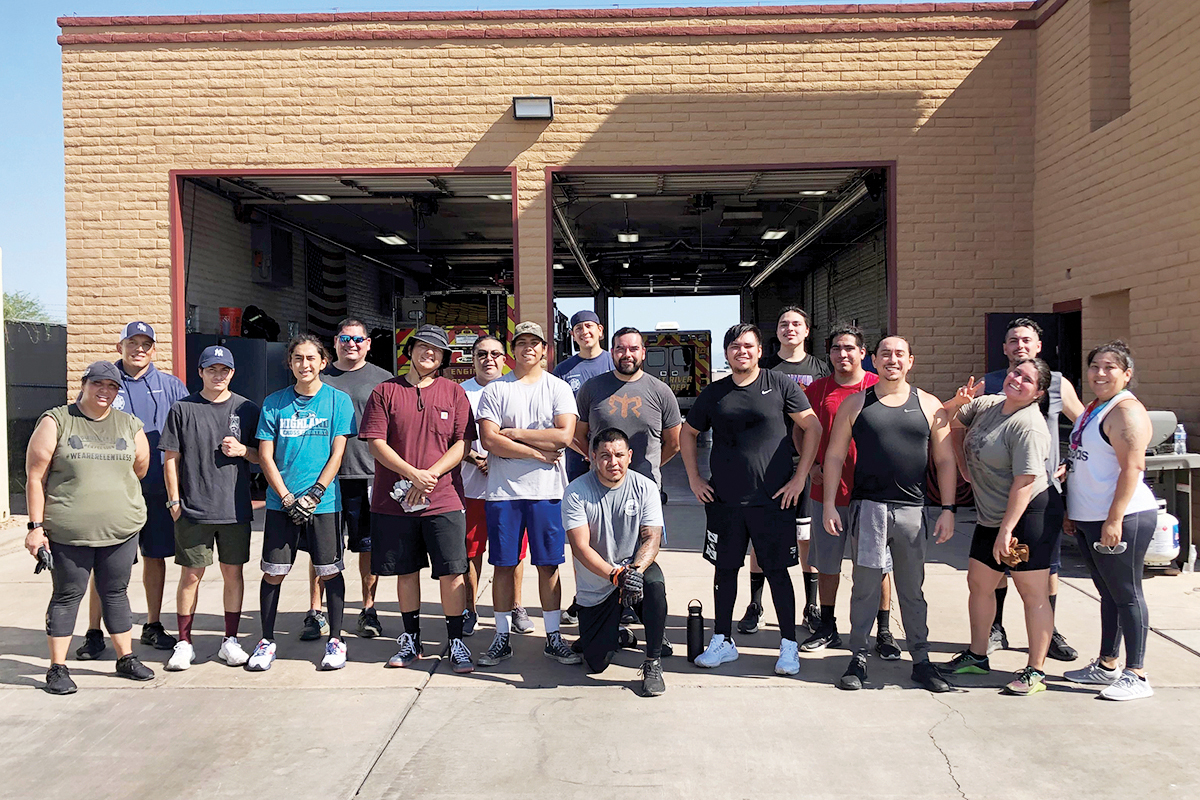VIEWS: 1200
January 2, 2025SRPMIC Leadership Attends Final Biden Administration White House Tribal Nations Summit
The Biden-Harris administration continued their commitment to nation-to-nation relationships with tribal nations by hosting the 2024 White House Tribal Nations Summit on December 9 in Washington, D.C.
The Summit featured new announcements and updates from the administration as they rounded out their work to strengthen tribal sovereignty and self-determination.
With President-elect Donald Trump set to be sworn in as the 47th President of the United States on Monday, January 20, this was President Joe Biden’s last Tribal Nations Summit.
It is unclear when there will be another summit, as there was no summit held under Trump’s previous administration.
Salt River Pima-Maricopa Indian Community President Martin Harvier and SRPMIC Office of Congressional Affairs Representative Gary Bohnee both represented the Community at this year’s summit.
Harvier spoke with O’odham Action News about his experience.
“It was an honor to be in attendance at the last Tribal Nations Summit [under the Biden Administration],” said Harvier, after his third Summit visit as president of the SRPMIC.
One difference he said he felt this time around was not only an overall feeling of somberness, but also a feeling of gratefulness for the work that President Biden and Vice President Kamala Harris have done for Indian Country.
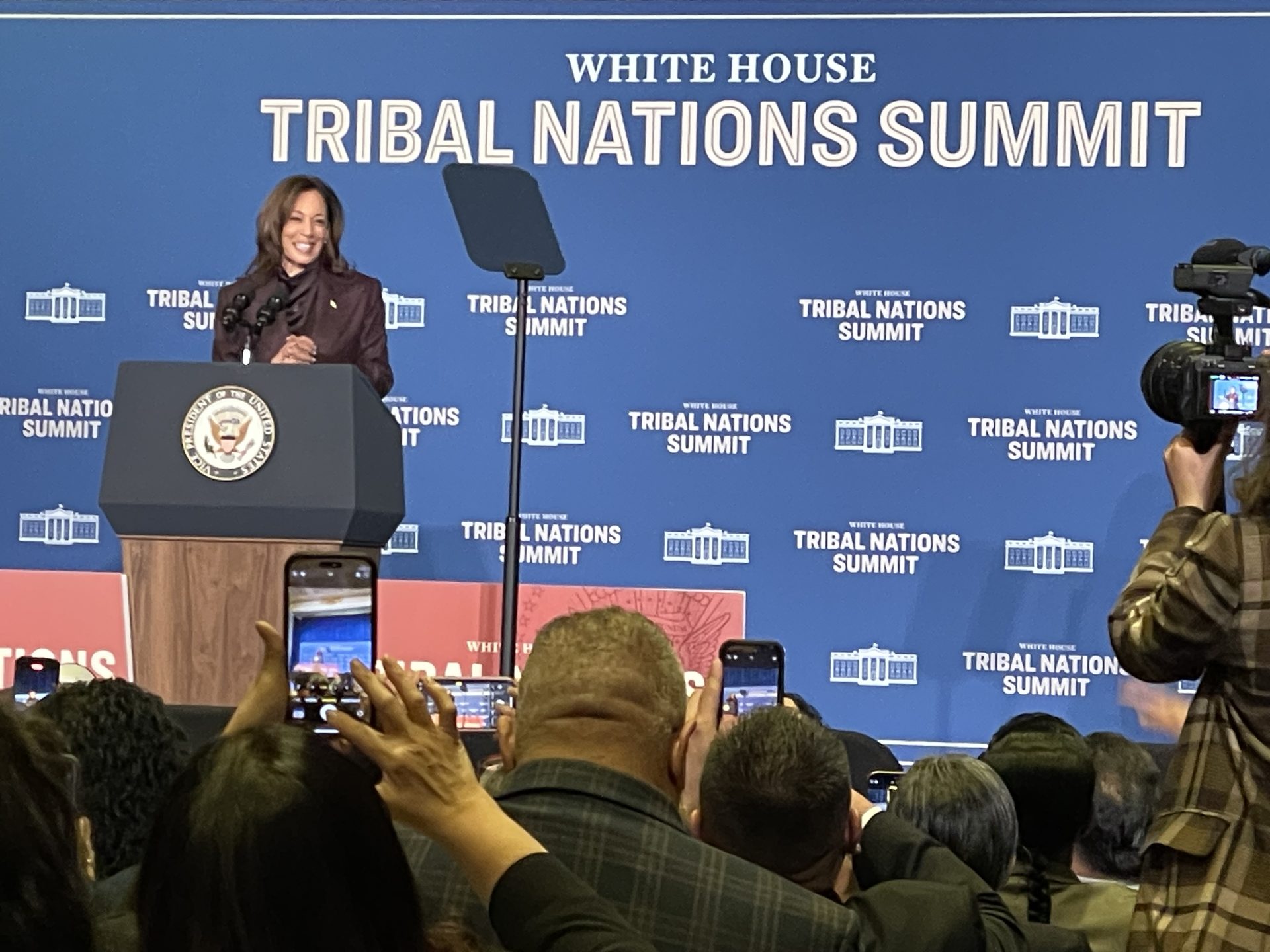
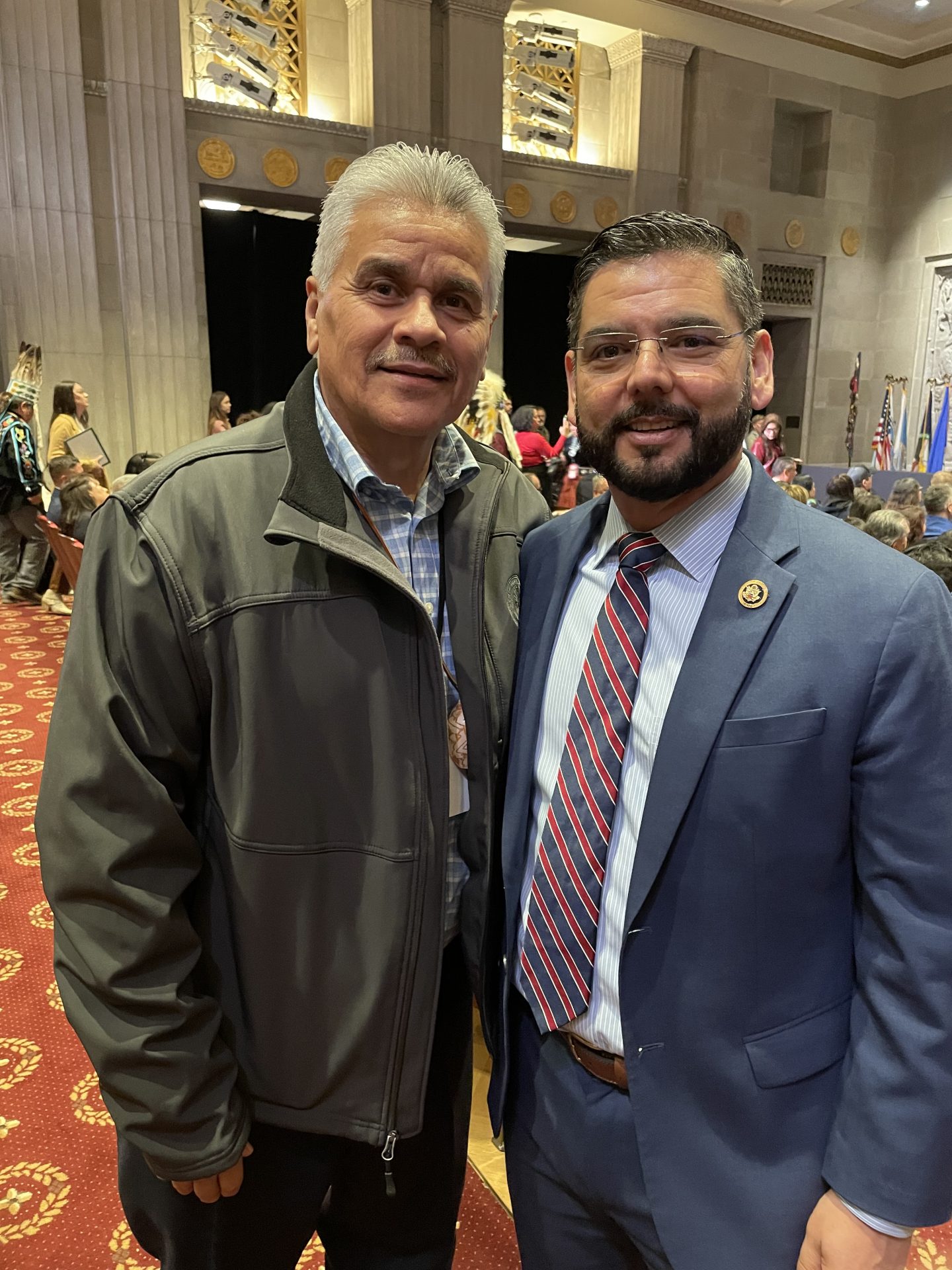
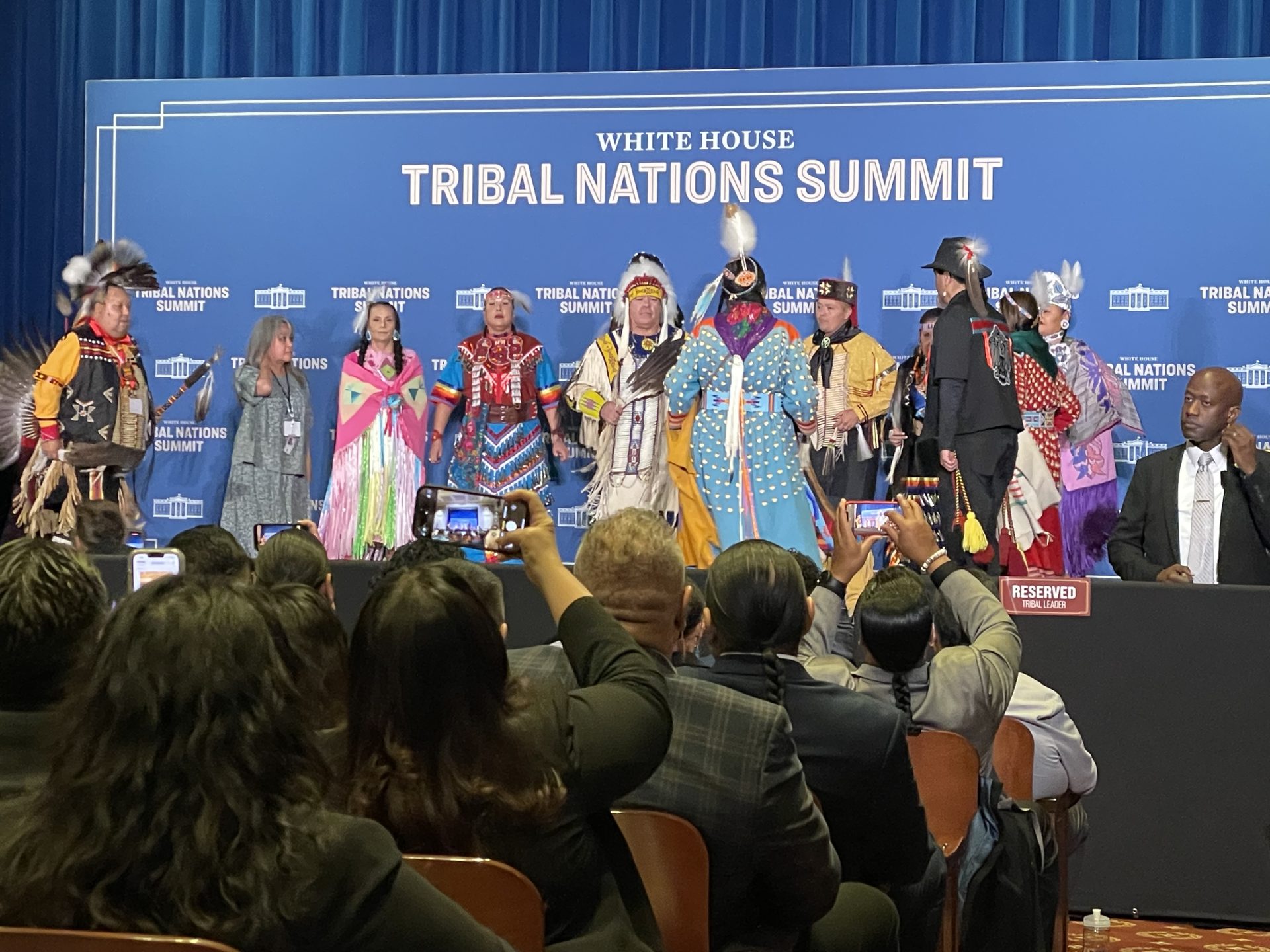
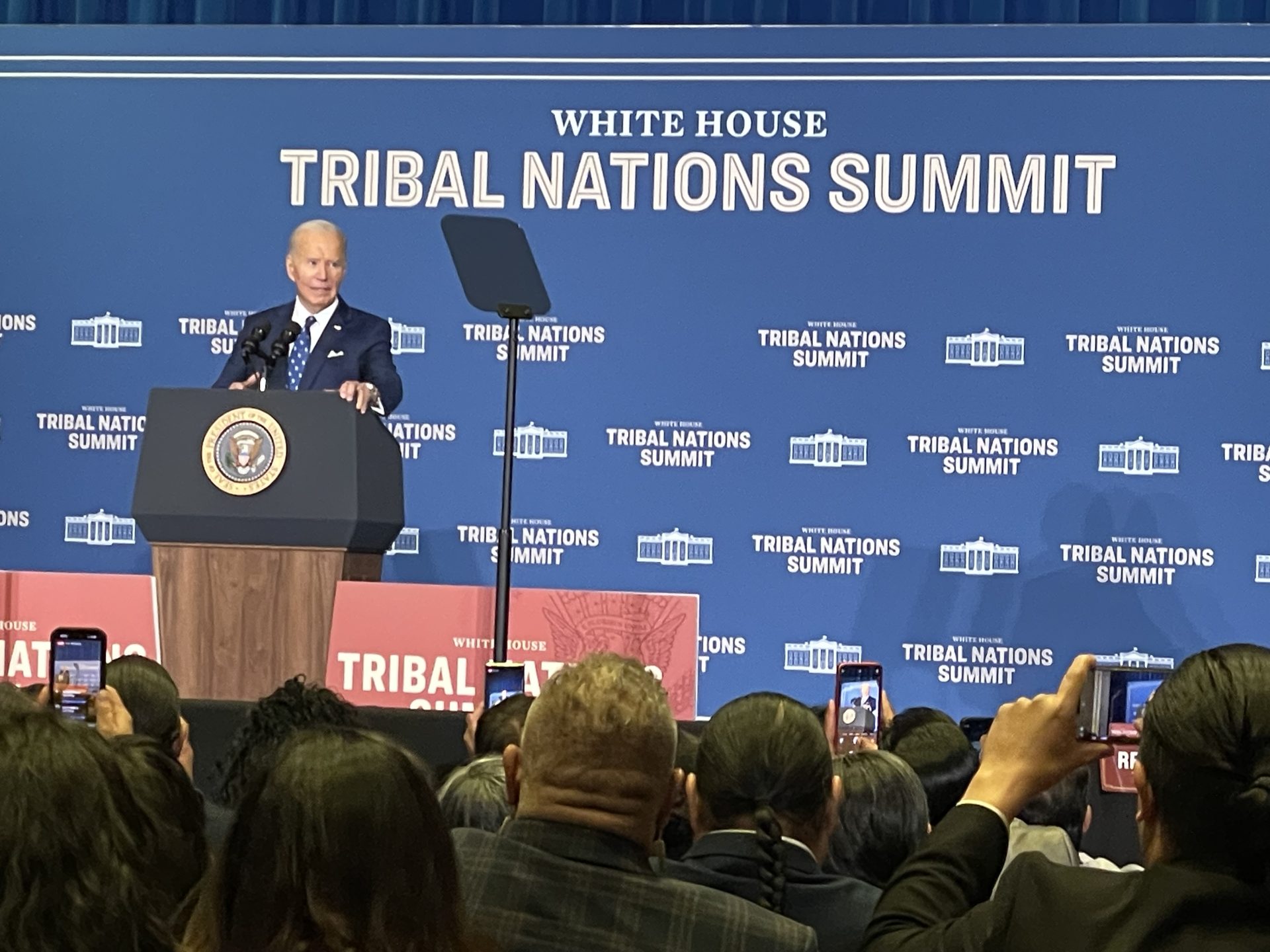
“The somberness that I felt in the room was for a president that truly in his heart supported Indian Country,” Harvier said.
Harvier noted that Biden and Harris spoke of their administration’s accomplishments and their ability to strengthen tribal sovereignty, as well as the administration’s funding of programs throughout Indian Country.
One item of importance that Harvier highlighted was the Indian Health Service (IHS) receiving $8.56 billion in advance funding appropriations for fiscal year (FY) 2025, a 23% increase from FY 2024. The IHS also received $5.98 billion in advance appropriations for FY 2026, which will become available on October 1, 2025.
“This was a step in securing advanced funding resources for the IHS, for the purpose of providing quality healthcare in Indian Country,” said Harvier.
“For everything they were able to accomplish, [the Biden administration’s] wish was that the next administration would continue what they were able to get done.”
During a panel on investing in Indian Country, Gila River Indian Community Gov. Stephen Roe Lewis represented O’odham Jewed and described some of the most impactful GRIC projects that were funded by the American Rescue Plan, Bipartisan Infrastructure Law (BIL) and the Inflation Reduction Act (IRA).
“There are some great changes that have occurred during this administration that we need to continue to build on as tribal leaders,” said Lewis.
“As tribal nations grow, I can’t say it any other way, we build upon these wins. We need to look at just exactly how we were able to unlock these investments both within the BIL and the IRA so that we can continue to really provide a groundwork for future investment.”
Before the summit began, the DOI published their third tribal co-stewardship annual report, which outlines the details of 69 new agreements from just this year. Between the Interior, Agriculture and Commerce departments, the Biden administration has entered into 400 co-stewardship agreements with tribes that span across the country, according to Secretary of the Interior Deb Haaland.
Haaland launched the Federal Indian Boarding School Initiative in her first few months in office, which shed the light on what she calls “a horrific era of our nation’s history.”
At the summit, she announced new agreements between the Interior, Smithsonian’s National Museum of American History and the U.S. Library of Congress that will preserve boarding school survivor stories and experiences.
In October, President Biden became the first and only commander in chief to formally apologize for the federal boarding school era.
The departments of the Interior, Education and Health and Human Services also released a 10-year National Plan on Native Language Revitalization, which the DOI said in a press release, “charts a path to help address the United States governments’ role in the loss of Native languages across the continental United States, Alaska and Hawai’i.”
“Indigenous languages are central to our cultures, our life ways, and who we are as people. They connect us to our ancestors, to our homelands, and to our place in the world,” said Haaland. “This ambitious plan represents the Biden-Harris administration’s commitment to address the wrongs of the past and restore what has been taken from us.”
The DOI also announced a cooperative agreement with the National Fund for Excellence in American Indian Education to provide $7.5 million in existing grant funding to Bureau of Indian Education (BIE) schools supporting the launch or expansion of immersion programs.
During the second half of the summit, both Biden and Harris spoke.
“From day one, my administration worked to include Indigenous voices in everything we do,” Biden told the audience.
“More than 80 Native Americans now serve in senior roles across my administration. With their help, we’ve shaped our approach to Indian Country with respect and have matched our words with action.”
A tearful Haaland, along with Assistant Secretary Bryan Newland, presented Biden with an eighth generation embroidered blanket from a tribally owned business.
“Assistant Secretary Newland and I wanted to acknowledge the wonderful leadership by President Biden. He has been a champion for Indian Country over these past four years, and I felt the best way for us to acknowledge that was with a blanket.”
President Harvier recalled the moment when the blanket was placed on President Biden’s shoulder. “Tribal leadership yelled in unison, ‘Thank you Joe, Thank you Joe!’”
“Miigwech!” shouted another leader, the word for thank you in Ojibwe.

